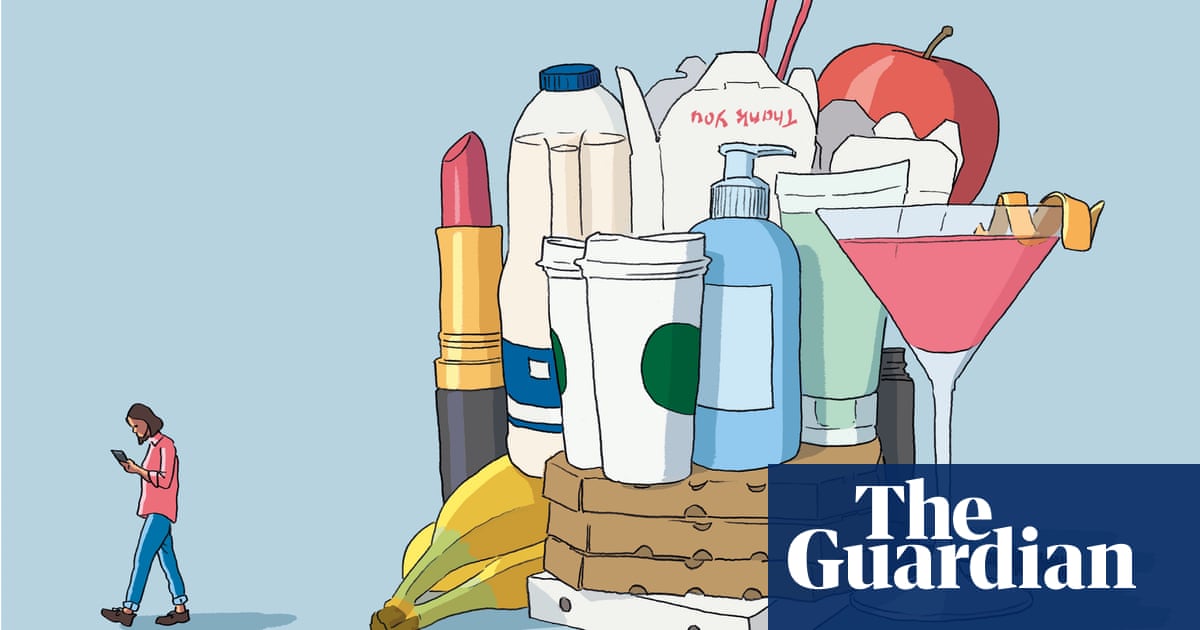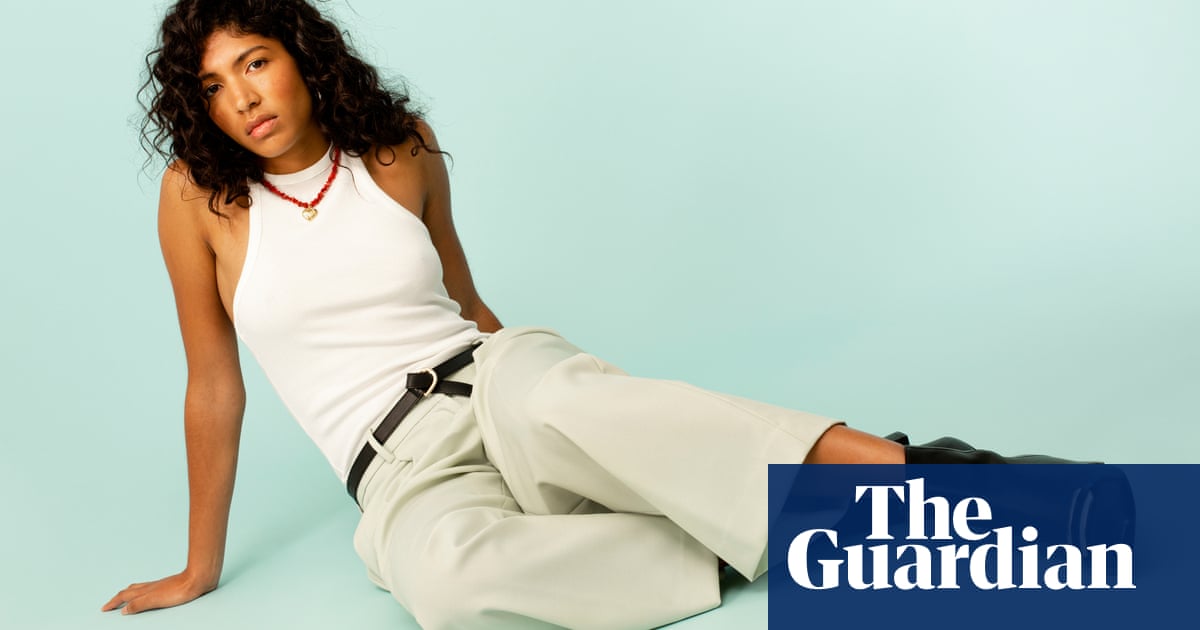
With wildfires, railway tracks buckling and tarmac melting, it’s no longer possible to ignore how broken the world isack in late February 2020, in the days before the pandemic, I spent a morning in a taxi listening to the news and wondering what it meant to preserve a moment. There was the slow-motion sensation that life as we knew it might be coming to an end. Still, something whispered in me, experimental rather than fatalistic: you’d better remember it, just in case. So – here is the window-shaped patch of blue sky, here are the people walking along the pavement, here are the trees. All recorded deliberately, eyes wide. Here is your life as you know it, frozen in a single frame on a cold, bright February day – taken carelessly, recklessly, for granted.
Now we are experiencing another crossing over into a before and an after. Tipping points are subjective. People have different thresholds, different ways in which we bury our heads. It’s also easy to get used to things. It’s just a matter of a couple of degrees, after all. Any boiling frog would tell you the same. But the sheer physicality of a wall of heat – malevolent heat, city-stopping heat, deadly heat – is hard to disavow. Heat that has been unprecedented in my lifetime, and will become normal within my lifetime. It’s as good a point as any to accept that the unthinkable is now thinkableOn the hottest day Britain had ever experienced, reports from my friends came in at all hours. There was no sleeping in the heat, no resting, no working. Previous high temperatures had inspired a kind of glee. Three years ago, when the temperature hit the high 30s, we put a paddling pool in the garden, filled it with ice and beers, and ate ice-creams. This time the reports were subdued, lacking even the energy to complain with any force. No glee. Instead: curtains drawn tight, towels placed in the freezer, sheets dampened before bed. Windows covered with foil, bathtubs full of ice. These strange survival mechanisms passed around on social media to protect our unprepared bodies. A nation more used to baring skin and rushing outside at any sign of good weather suddenly sheltering, as railway tracks buckled and the tarmac of the roads melted. The sun – so insipid in the usual British summers, so unremarkable – transformed into something to hide from, something to fear.
Sometimes it can feel that previous disaster has both numbed us and made the line of before and after more permeable. We know the worst can happen. We also know that it’s quite possible to do nothing about it, that it’s possible systemic change won’t take place. Yet we still try. My parents have solar panels on their roof and smooth beeswax lids over plates rather than clingfilm; I have friends who make a priority of sustainability, who protest and grow their own food and no longer fly. I won’t have a child, I find myself thinking speculatively as I walk through gasping heat, as if brokering a deal. What would it mean, anyway, to send them into this wavering, parched world? I try to think about it but my imagination short-circuits. I end up thinking not of drought and food shortages and terrible heat, but about a future that is still not climate-changed. This old future is comforting and too easy to slip into, and this is a problem.
Advertisement
Though I have lived with the background thrum of climate change my whole life, I can still remember what it meant to not be conscious of how we have broken the world. Was it because I was young, and now I am no longer so young? Is it that the world really was less broken, and now it seems irretrievably so? I don’t want to look too closely at the possibility that these are the last recognisable days, that we are always only a fraying thread away from the last recognisable days. That we don’t know when this thread will snap.
So I rinse my reusable water bottle. I put the plastic in the recycling, and then I sit in my garden and think beautiful day and then I feel guilty for thinking it, and then I think I will remember this. I will remember the last beautiful days. A grief of unexpected depth hits me, and anger too, because this grief is passive. Mourning is too close to throwing my hands up and looking dully at the death of the world as we know it, rather than fighting for it. The same way that, on a recent holiday abroad, my eyes barely took in the thermometer blaring an unseasonable 44C (111F) outside the pharmacy. Glazed bewilderment, rather than disbelief.
Still, we are allowed to mourn. Lots has been said on collective responsibility, but I am talking about collective grief. Which is not unproductive, necessarily. We should allow ourselves the space to be in the world, to really see what is happening – not just scientifically, not just academically, but with our bodies. To feel how we are living out a kind of eulogy for what has come before, whether we want to or not. Each hot, dry breath is a different air to the one we have been breathing. Each still-green leaf is a wonder. Slow down, I tell the day, I tell the world. Stay here a while, I tell it, the way you might tell someone you love, someone you know you will not see again for a long time.
From this point, it is all different. It might not seem like it immediately, but we know it in our gut. We know it in our hearts. How fast it has all happened; and yet how much warning we have had.
Sophie Mackintosh is an author. Her debut novel, The Water Cure, was longlisted for the 2018 Man Booker prize
… we have a small favour to ask. Millions are turning to the Guardian for open, independent, quality news every day, and readers in 180 countries around the world now support us financially.
We believe everyone deserves access to information that’s grounded in science and truth, and analysis rooted in authority and integrity. That’s why we made a different choice: to keep our reporting open for all readers, regardless of where they live or what they can afford to pay. This means more people can be better informed, united, and inspired to take meaningful action.
In these perilous times, a truth-seeking global news organisation like the Guardian is essential. We have no shareholders or billionaire owner, meaning our journalism is free from commercial and political influence – this makes us different. When it’s never been more important, our independence allows us to fearlessly investigate, challenge and expose those in power. Support the Guardian from as little as $1 – it only takes a minute. If you can, please consider supporting us with a regular amount each month. Thank you.












